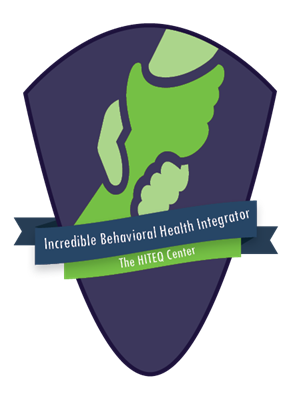 Health centers are increasing the integration of behavioral health in primary care, spurred by an increased focus on whole person care and additional funding. Effective use of health IT in conjunction with patient privacy and confidentiality is imperative to support behavioral health.
Health centers are increasing the integration of behavioral health in primary care, spurred by an increased focus on whole person care and additional funding. Effective use of health IT in conjunction with patient privacy and confidentiality is imperative to support behavioral health.
According to the Office of the National Coordinator, "Health information technology can help to improve behavioral health care and can further enable care coordination and integration, increase information sharing, and support prevention, treatment, and recovery activities. Access to and the exchange and use of behavioral health information as part of routine care can help to improve continuity in care services and support efforts toward achieving an interoperable health care system across the continuum."
Take some time to read through some of the articles on this page and then fill out the submission form on the right and you will be rewarded with a Health Center Incredible Behavioral Health Integrator badge! This is an official badge that is submitted by the HITEQ Center as a proof of completion to the blockchain. Your credentials can be added to profiles such as LinkedIn and verified through accreditation services such as Accredible and Open Badge.